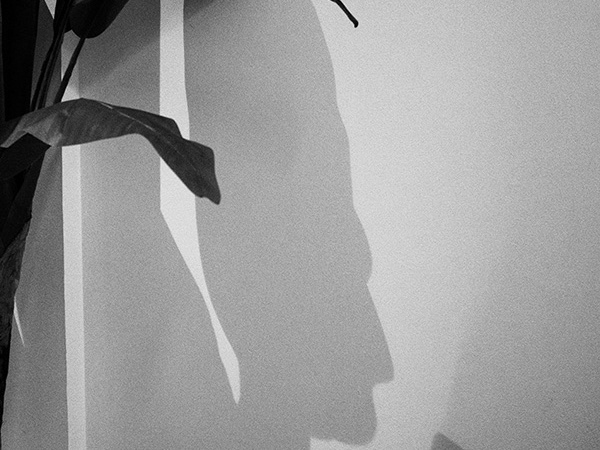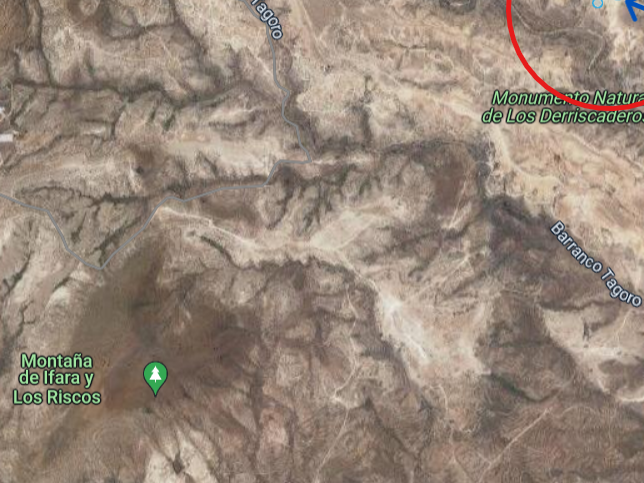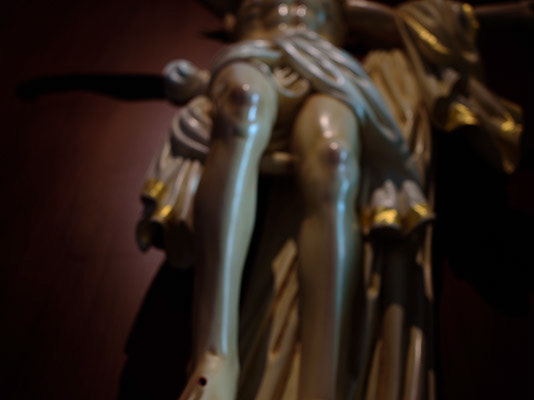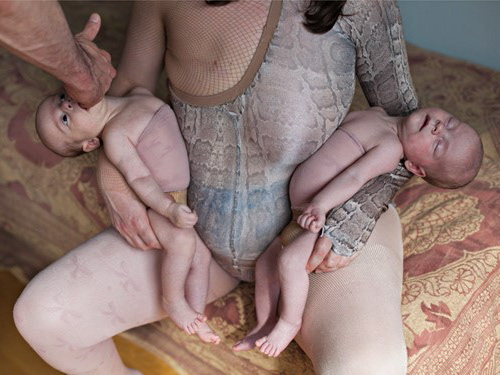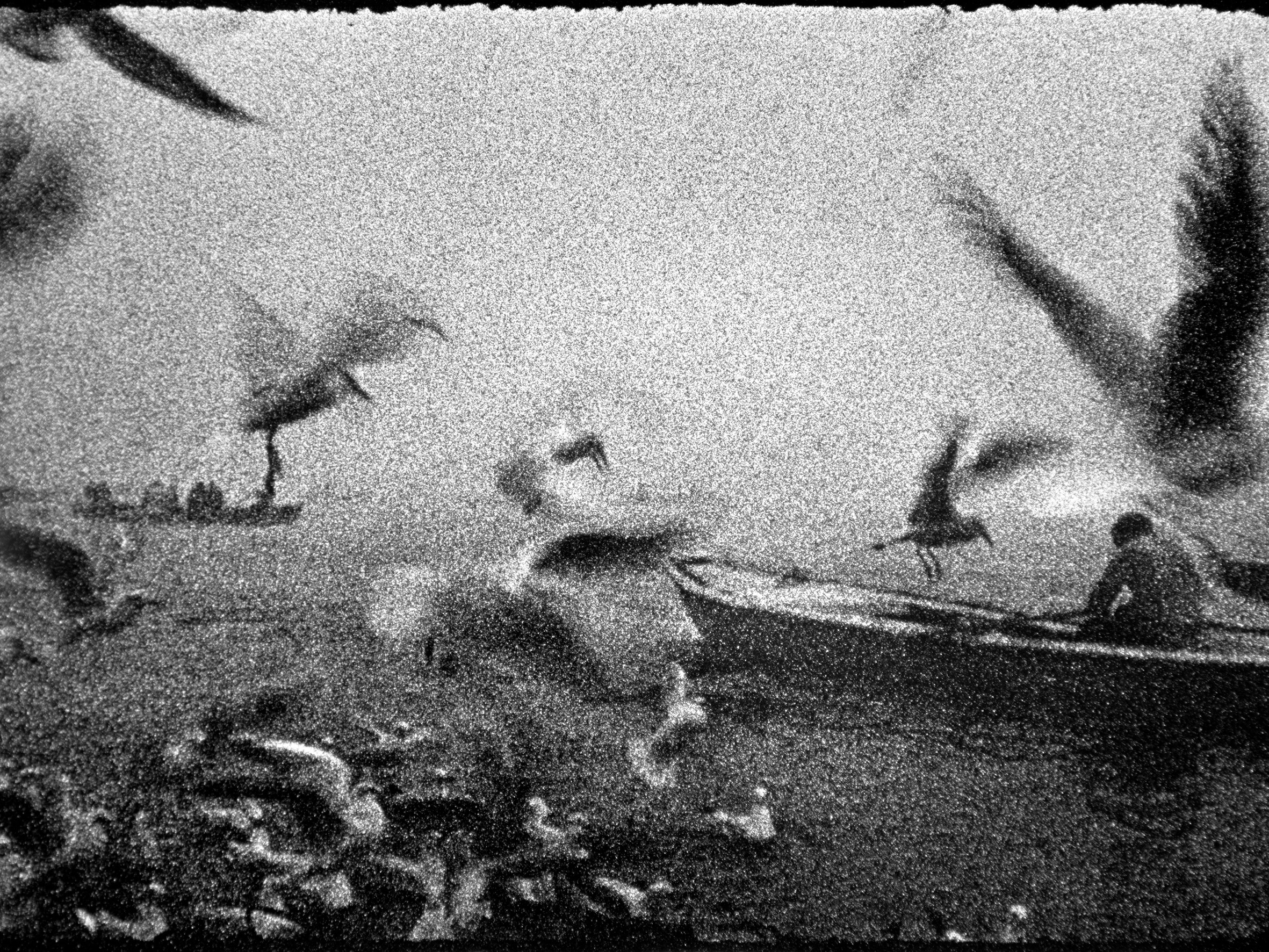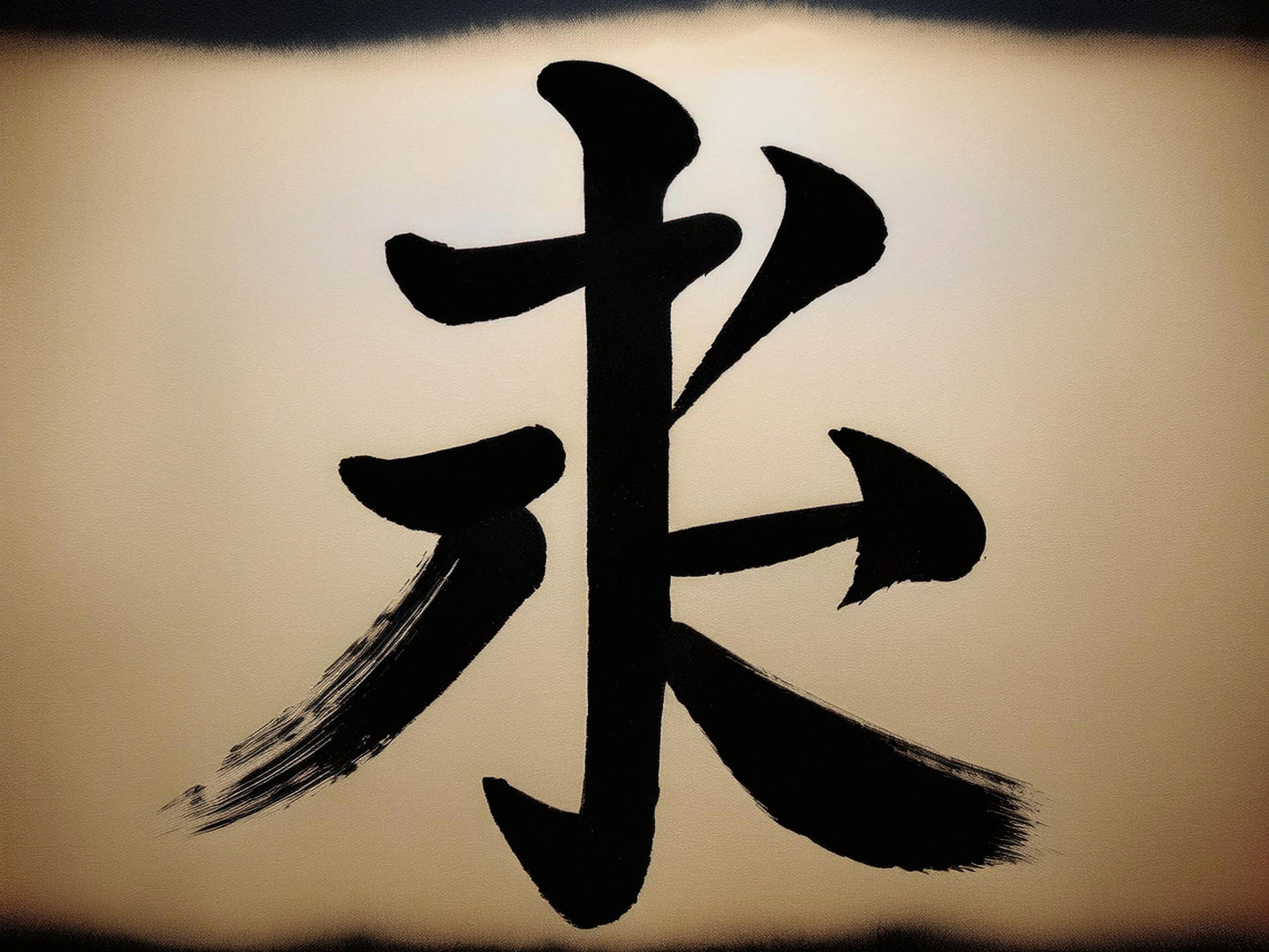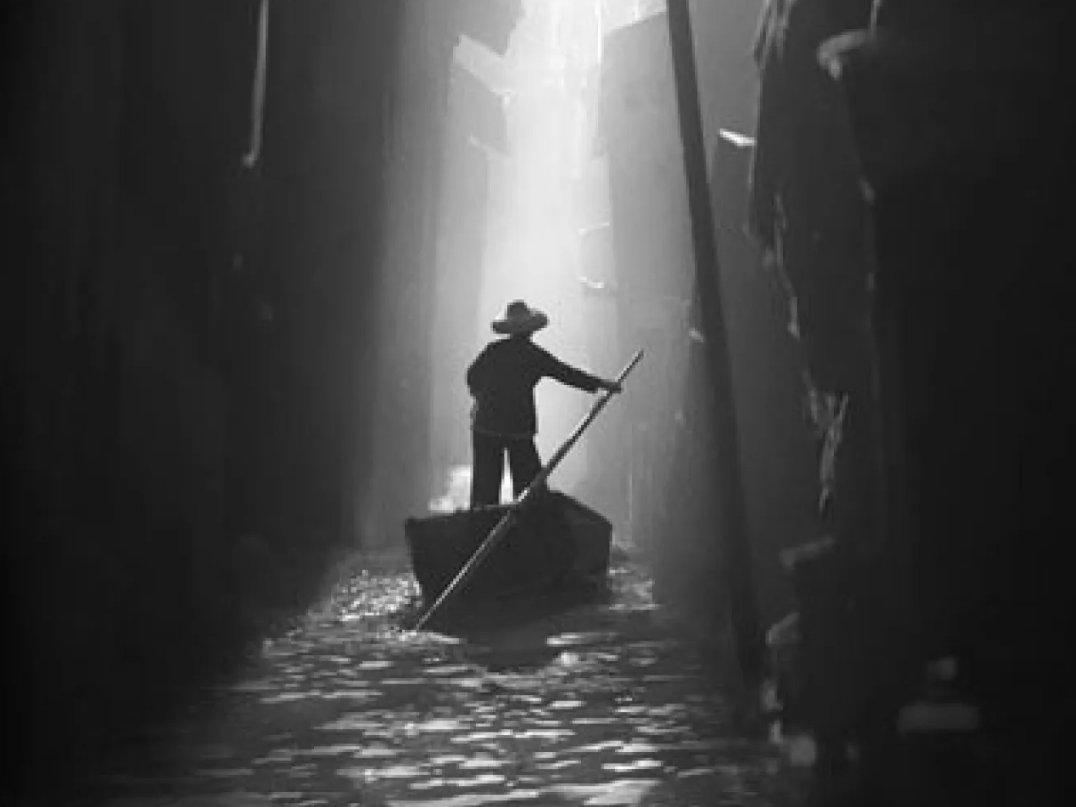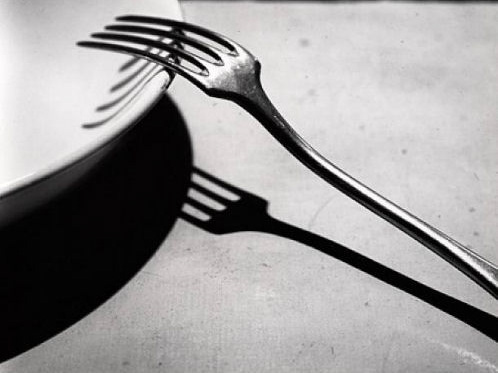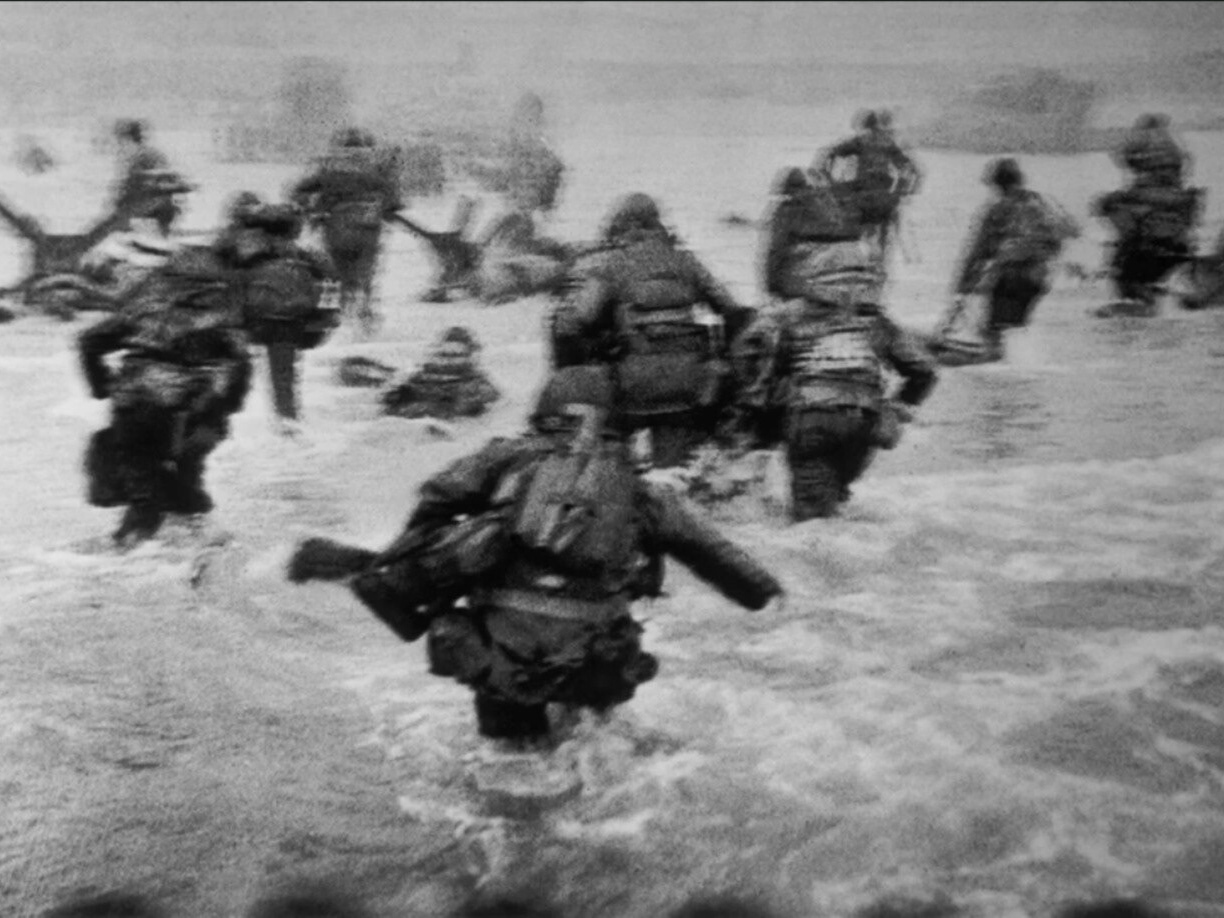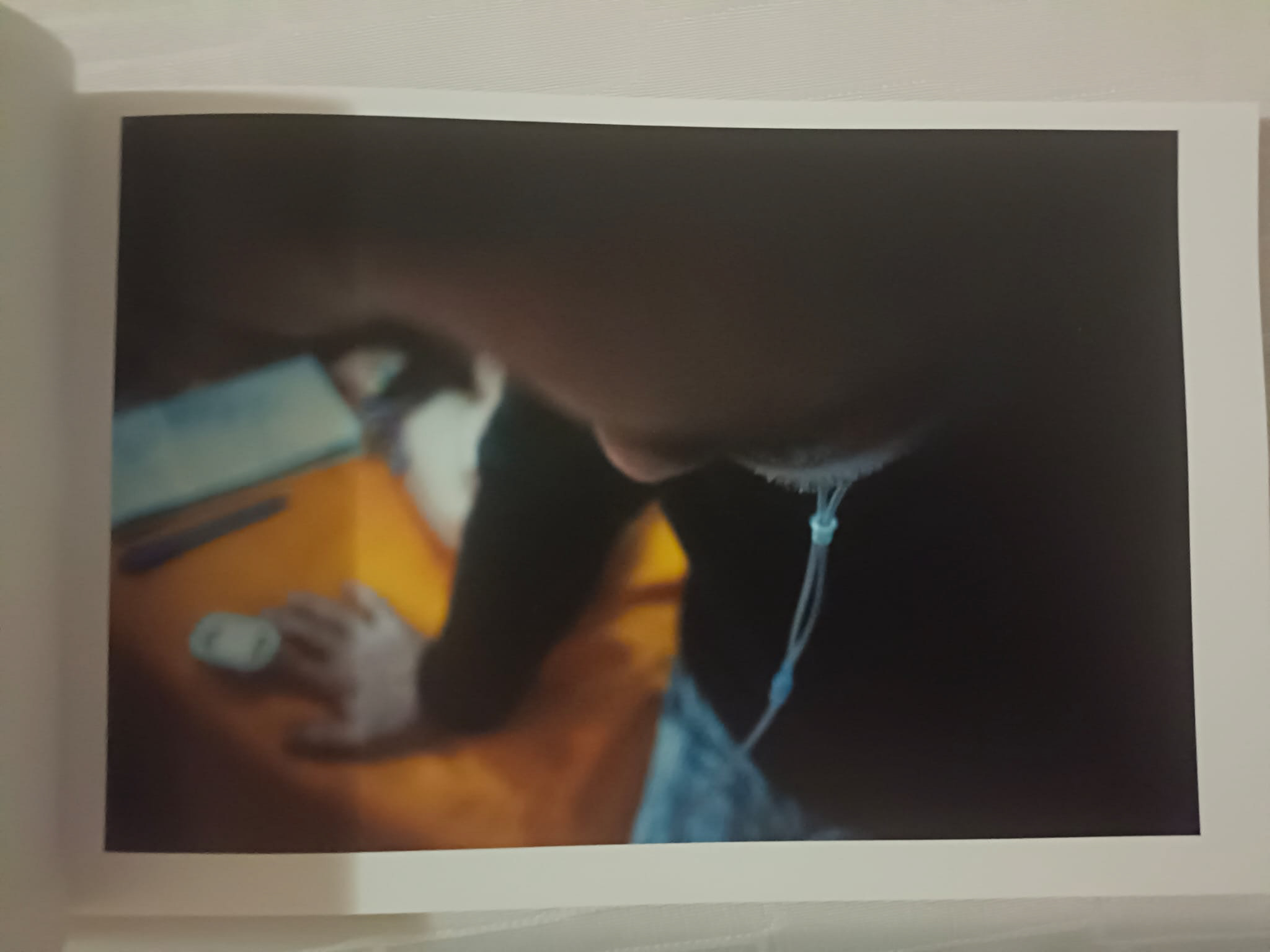Representation of death according to Maya art
Death. We consciously associate it with an irrational fear, generating anxiety, anguish, and pain. There's nothing in this world capable of harming a person as much as the death of a loved one.
When we think about the symbolism of death, we realize it signifies the end of something positive, customary, or even routine. Cavallier talks about how we don't speak of the death of a storm, yet we do talk about the death of a beautiful day.
On the other hand, initiatory rites "force" us to delve into death to access a new life, bringing significant changes to the initiate's life. Symbolism also shows us that if we live in the material world, when death comes, we fall into hell, whereas if we live spiritually, death reveals fields of light (Cavallier).
It seems that everything surrounding death is mysterious; we cannot see what happens when we cross it. There is darkness to our living eyes, to our daily light. However, I appreciate the philosophy that tells us death liberates us from sorrows and pain.
The concept of death is vast; there's a lot of information about it, but also occultism, taboo, and prejudices. On the other hand, I try to focus on the positive side, like how a town changes to perhaps improve its society. Or the death of old customs, which, although positive, can always be replaced by better, more evolved ones, even more accessible to a happier and richer society in values.
The concept of evolution seems intrinsic to death, as without death, in the terms discussed in this brief reflection, there is no evolution. And evolution, though uncontrollable, is presumed positive, with an impact on future generations or at the level of a life, leaving an indelible or imperishable mark.
